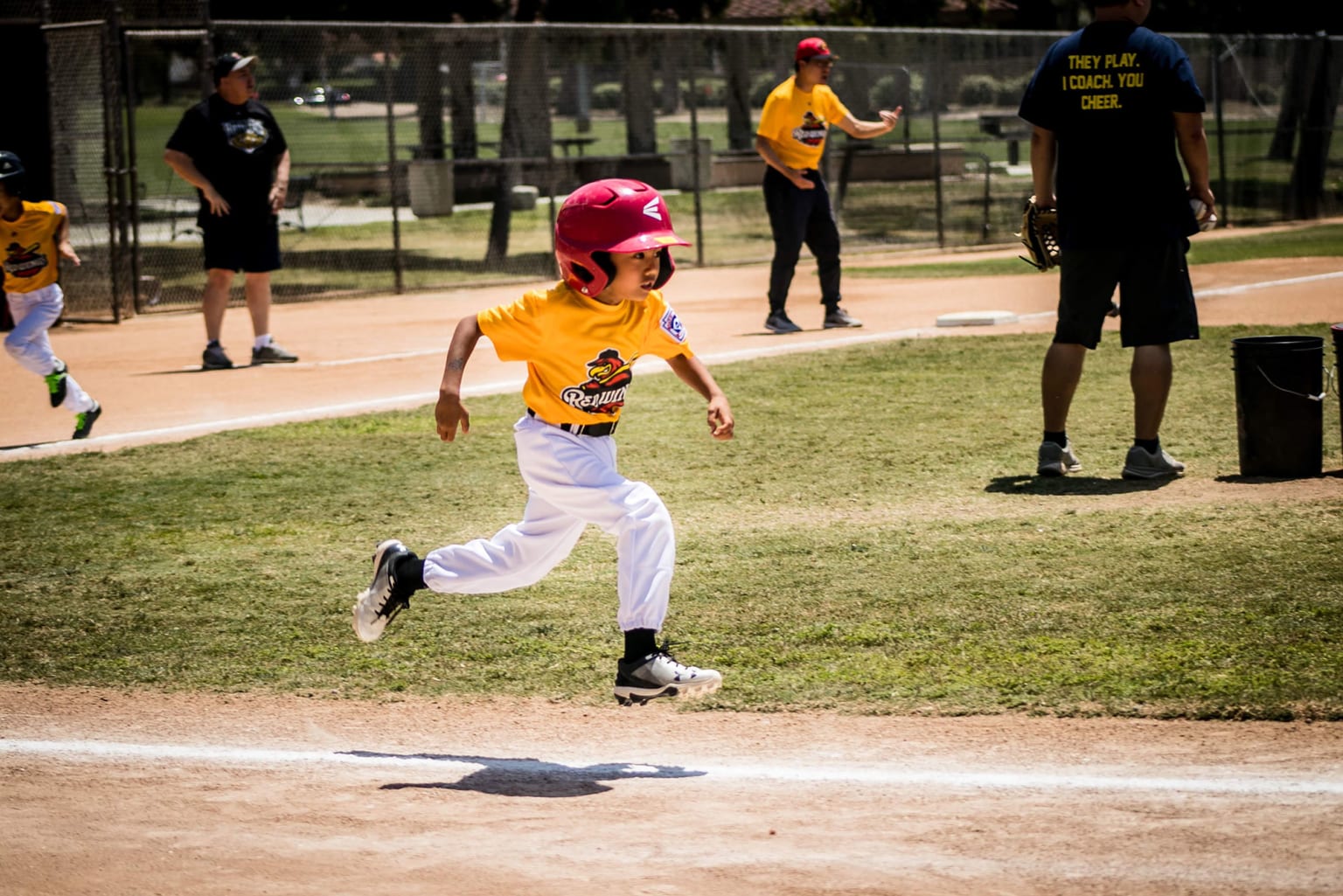Communication Is Crucial to a Well-Run League

Good communication is a crucial aspect of a well-run league. It involves communicating with parents and volunteers in the league, but also communicating within the Board of Directors and the District Administrator.
An open line of communication between the local league and the District Administrator will help throughout the year. This will assist both parties in staying informed and up to date on the happenings of Little League at all levels.
The Board of Directors should meet on a regular basis throughout the year, but should also actively communicate beyond the typical meeting setting. Topics and situations may come up between Board meetings. When this happens, open communication between the Board of Directors allows for discussion and resolution. A special Board meeting may need to be called or other means of communication can be used such as phone calls, text messages, and e-mails.
Volunteers and parents are an important part of Little League. Communication with volunteers and parents will help in not only ensuring that they are informed, but in gaining new volunteers as well. Notice of cancellations due to weather is one of the most important communication topics during the regular season. Coordination of umpires, concession staff and field staff, and other volunteers helps in the day-to-day operation of the league. Communicating information like financial reports, election procedures, and tournament team selection procedures will provide transparency within the league. This will help in bringing in new players and volunteers by earning trust that the local league is operating and complying with Little League rules and regulations.
There are various means of communicating. Finding the a communication channel that works best for your community is key. Posting General Membership Meeting notices in the newspaper and running radio ads are ways that league get the message out. Many leagues have moved to e-mail and text messaging, the use of social media websites like Facebook, or a dedicated league website as vehicle to carry information. Find a communication tool that works best for your league and make sure that the messages are being properly received.